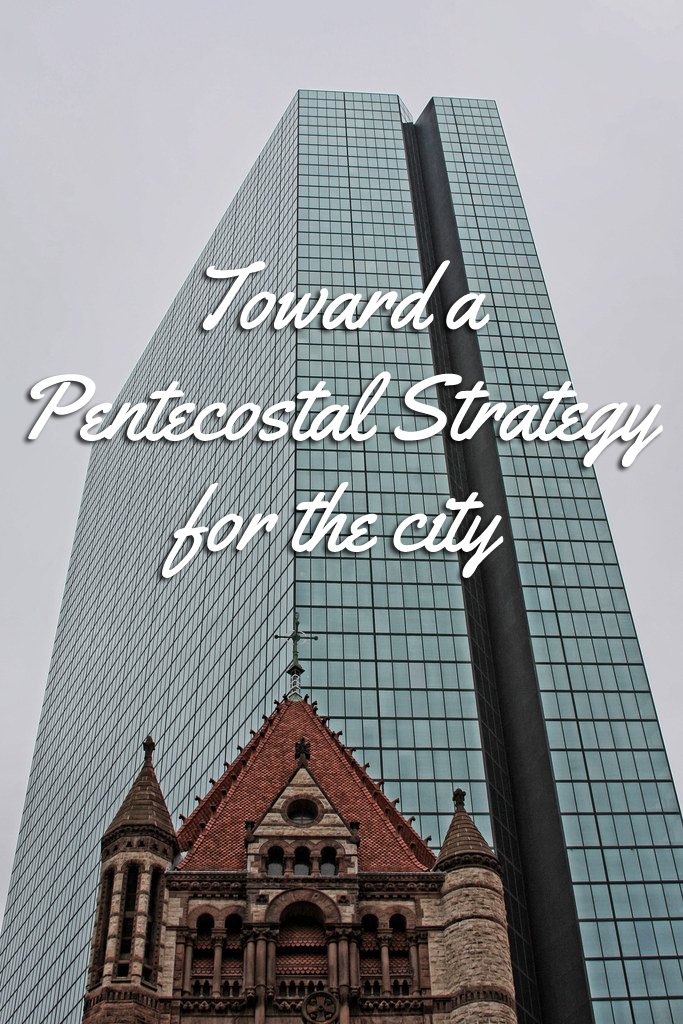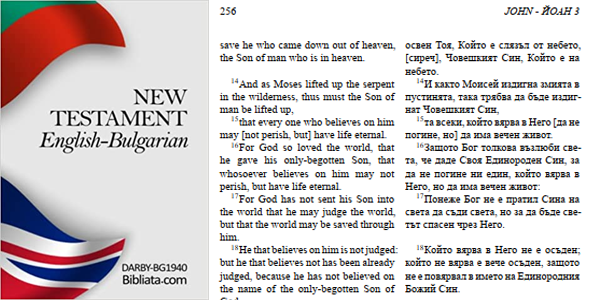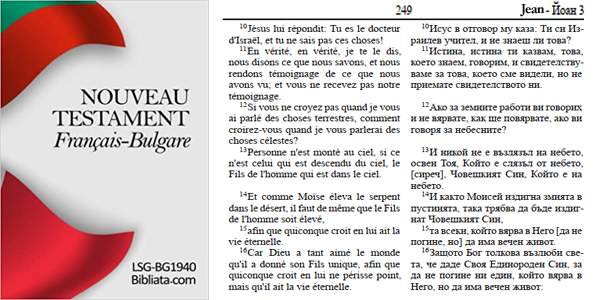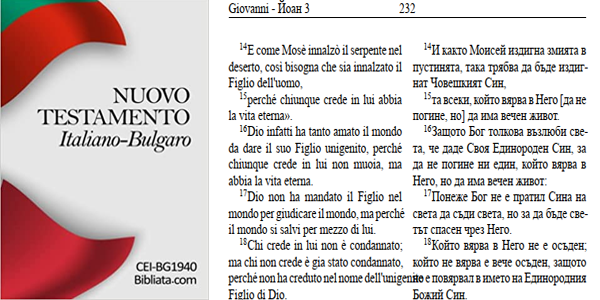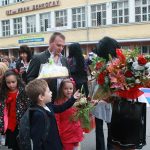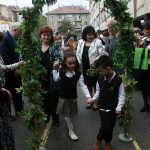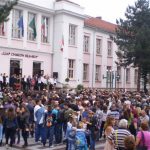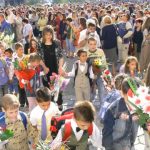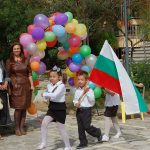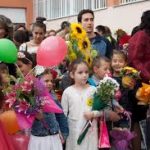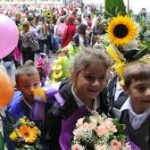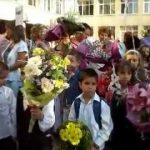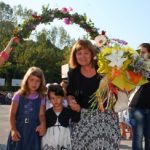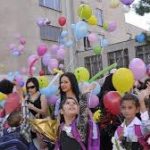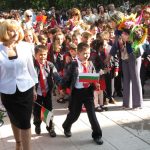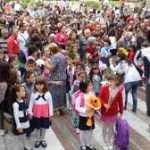Toward a Pentecostal Strategy for the City
Toward a Pentecostal Strategy for the City
One of the questions that seems to come up in this course discussion is how to change the world around us with a more positive and effective approach toward using the Gospel of Salvation. In this particular module, the difficulty addressed is ethnocentricity. The particularity of our search then arrives at the more detailed question, how can we change the culture (respectively subcultures) of our church congregations? This is a drastic move from a closed circle toward an outreach community that many congregations are unable to accomplish. How do we then empower such congregations to be transformed into cultural reach-outs to a single ethnos or multiple ethnic groups?
Problem
The problem in the first quarter of the 21st century has been incongruity of our church strategy with the times we live in and the mindset they occupy. We’ve been preparing the church for the multicultural battle, all and while we should have been equipping the saints how to rebuild the walls since the battle has been lost.
We’ve been equipping leaders for the ministry while the church ship has been sinking only to end up with well trained captains of a sunken fleet. And in a doomed attempt to reconcile the reality of the ministry with their training, they have turned to wave walkers who briefly surface for breaths of fresh air during Sunday worship only to return to the deep blue walk of their daily ministry never finding their lost piece of eight.
For the battle was lost long ago before the present generation of ministers ever came to existence. They know not the battle. They’ve only seen the ruins that were left within the broken walls of the church. And they have been struggling to reconcile the incomputable of what church eldership has been teaching them to battle against with the Nehemiah calling for restoration, which God has placed upon them. For the answer has never been in building a New Jerusalem for a fresh start, but restoring the old Jerusalem and its former glory to a new state that reclaims our history and heritage.
Context
Recent analysis of migrant churches in the United States reveals that the predominant majority of them are located in cities which have a high influxation and concentration of immigrants. Such localities are called “gateway cities”. Immigrants typically enter the United States through one of these cities and settle there. These areas contain over half of the foreign-born population in the United States as follows:
- New York, NY – Foreign born population 18.7%
- Los Angeles, CA – Foreign born population 27.1%
- Houston, TX – Foreign born population 12.3%
- Washington, DC – Foreign born population 8.6%
- Miami, FL – Foreign born population 33.6%
- Chicago, IL – Foreign born population 11.1%
- San Francisco, CA – Foreign born population 20.0%
Strategy
Asking the right questions is important, but the answers cannot be generic for all ethnic groups or cultural settings. There is a strong need to be flexible and observe changes in culture, but not to change the message of the Gospel or compromise our witness. Several common things are noted in any cultural setting where our ministry is involved:
First and foremost, people of all cultures prefer to be personal with a purpose, rather than being project driven. No one longs to be part of someone else’s project. Yet, our very existence demands personal purpose, which could serve as a great cultural catalyst in a church ministry.
Secondly, cross cultural ministry is not done merely on relationships, but on being real in the relationships. The greatest halt of ministry work is when people realize the relationship with the church has not been a real one, but merely a part of a program or a paradigm.
Finally, our cross cultural model for ministry should not be just salvation oriented, but soul oriented. There is a great difference between writing down the number of saved every Sunday and actually caring for the eternal well-being of the saved souls. In fact, this is so fundamentally determinative that it should be the goal in mind of every new church plant.
Bulgaria in Pentecostal Theology: A Theology of Encounter
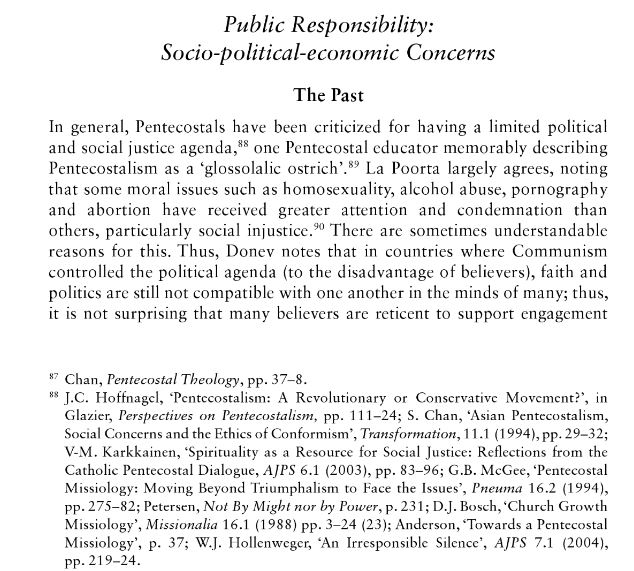
Back to the Basics of Pentecost
 Since the beginning of the 21st century, only 6-10% of new born believers in America receive the Baptism with the Holy Spirit, which by 2018 has resulted in:
Since the beginning of the 21st century, only 6-10% of new born believers in America receive the Baptism with the Holy Spirit, which by 2018 has resulted in:
- Over 60% within Global Pentecostalism do not speak in tongues
- A major doctrinal shift within Pentecostal Theology today claims speaking in tongues is not the only evidence of Holy Spirit Baptism
- Some theologians even claim there is no initial evidence in the Bible
- Others today go further to believe that no outward sign of the Holy Spirit baptism is necessary.
For this reason, WE are re-committing ourselves and ministry to revival and restoration of the Pentecostal Message through praying, fasting and preaching:
- Salvation of the sinner’s soul and entire sanctification through the Blood of Jesus
- Baptism with the Holy Spirit and fire with initial evidence of speaking in tongues
- Supernatural gifts and ministries of the Holy Spirit
- Healing, deliverance and signs following
- Pre-Millennial return of Christ and pre-Tribulation Rapture of His Church to glory
Please consider the URGENCY of this generation!
Let us reason together what can we do to prevent this rapid decline in Biblical spirituality.
Revival will not come without preaching!
Revival of Pentecost will not come without preaching the Message of Pentecost.
5 NEW BIBLES published in 2023
The text of the Bulgarian Bible is printed in the United States. The revision methodology used in the editing of the original text is patented and protected by PCT international patent law and may not be duplicated. Copyright © 1990-2023 by Bibliata.com.
English-Bulgarian New Testament
English Bulgarian New Testament Vol. 1 New Bible Diglot Series by Bibliata.com (2022)
The Darby Bible was first published in 1890 by John Nelson Darby, an Anglo-Irish Bible teacher associated with the early years of the Plymouth Brethren. Darby also published translations of the Bible in French and German. J. N. Darby’s purpose was, as he states in the preface to his English New Testament, to make a modern translation for the unlearned who have neither access to manuscript texts nor training and knowledge of ancient languages of the Scriptures. Darby’s translation work was not intended to be read aloud. His work was for study and private use. In his own oral ministry he generally used the English KJV Bible.
Nuevo Testamento Español-Búlgaro
Nuevo Testamento Español-Búlgaro Vol. 2 New Bible Diglot Series by Bibliata.com (2022)
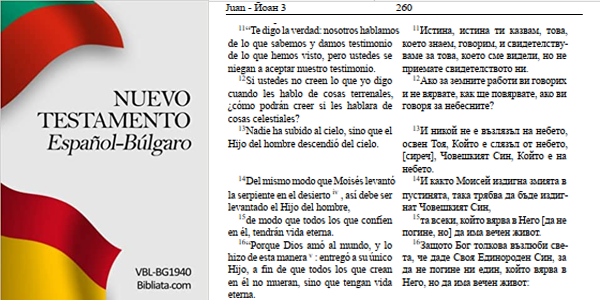
The translation has been made directly from the standard Nestle-Aland Greek text. Its purpose is to be a faithful translation of its original meaning, without difficult or confusing terms. The style has been translated into contemporary English and Spanish, avoiding the use of slang or colloquial words, thus speaking to our modern society in a way that everyone can understand.
Neue Testament Deutsch-Bulgarisch
Neue Testament Deutsch-Bulgarisch Vol. 3 New Bible Diglot Series by Bibliata.com (2022)
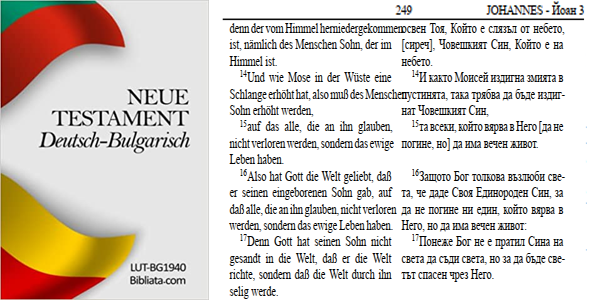
The Luther Bible is a German language Bible translation from Hebrew and ancient Greek by Martin Luther, of which the New Testament was published in 1522 and the complete Bible, containing the Old and New Testaments and Apocrypha, in 1534. The language was updated in 1912.
This Bible is in the public domain in the United States. We are making it available in the same format in which we acquired it as a public service.
Nouveau Testament Français-Bulgare
Nouveau Testament Français-Bulgare Vol. 4 New Bible Diglot Series by Bibliata.com (2022)
The LSG was published in 1910 as the classic French equivalent of the English King James Version. Louis Segond French Bible – (October 3, 1810 – June 18, 1885), was a Swiss theologian who translated the Bible into French from the original texts in Hebrew and Greek. He was born in Plainpalais, near Geneva. After studying theology in Geneva, Strasbourg and Bonn, he was pastor of the Geneva National Church in Chêne-Bougeries, then from 1872, Professor of Old Testament in Geneva. The translation of the Old Testament, commissioned by the Vénérable Compagnie des Pasteurs de Genève, was published in two volumes in 1871 (Meusel has 1874 as the publication date), followed by the New Testament, translated as a private venture, in 1880. The text was then reviewed by experts. The result is the 1910 revision that is now freely available on Internet.
Nuovo Testamento Italiano-Bulgaro
Nuovo Testamento Italiano-Bulgaro Vol. 5 New Bible Diglot Series by Bibliata.com (2022)
An Italian translation of the Holy Bible according to the Roman Catholic canon, based on the original texts and meant to be typical for use in liturgy, approved by the Italian Conference of Catholic Bishops and published in 2008. The previous 1974 edition is taken into account, but it is often corrected, while trying to reflect recent advances in Biblical exegesis, and to respect the literary style of different Biblical authors. The Book of Esther offers two parallel translations (second translation is offered in module CEI2008-2), based on the Greek text and on the Hebrew text.
Merry Christmas
13 Years of Chaplaincy on the High Seas
 We began our literal journey of ministry on the high seas in 2009. After exploring the opportunity for several years’ prior and submitting applications to various chaplaincy organizations which dealt with such ministry, the doors finally opened for Cup and Cross.
We began our literal journey of ministry on the high seas in 2009. After exploring the opportunity for several years’ prior and submitting applications to various chaplaincy organizations which dealt with such ministry, the doors finally opened for Cup and Cross.
This search for a ministerial identity and its proper application in the real world coincided with the start of the Master’s in Chaplaincy Ministry Program which we designed for the Bulgarian Evangelical Theological Institute in Sofia around 2008-2009. The long standing relationships with professors, active military chaplains from various fields and countries, and the wisdom of several Generals in the field helped us calibrate our ministry focus with what is needed by real people in the real world.
The new fad “to be real” is not enough in a realistic ministry setting. When 25ft. high storm waves beat the aft and the ship is thrown towards the dark wall of ocean waters ahead, one cannot help but “to be real” and depend on a very real and skilled crew. A captain alone cannot run the boat through a storm even if all systems are reported working. It is the crew deep down in the engine room and making its way on the slippery deck that makes it all happen.
The Crew. Some of them have not seen their families for months or even a year at times. They struggle with the same fears and anxieties as the rest of us. Except, while the rest of us can hold on to something for dear life, the crew is obligated by duty to continue to serve and move the boat ahead. The little chapel on the top deck becomes a passage to a lagoon past the riffs of stormy life where stories are shared, prayers are lifted up together and human lives are reclaimed anew for Heaven.
We have found these nontraditional paths of travel and ministry yielding the most unique encounters and connections for Kingdom growth. Our family is thankful for these 10 years and looking forward to even more means of ministry outside of the four church walls. If you would like for us to come to your church as share our journey feel free to reach out to us.
Put-up or shut-up (for leaders)
Nothing smacks of poor leadership like a lack of performance. Nobody is perfect, but leaders who consistently fail are not leaders, no matter how much you wish they were. While past performance is not always a certain indicator of future events, a long-term track record of success should not be taken lightly. Someone who has consistently experienced success in leadership roles has a much better chance of success than someone who has not. It’s important to remember unproven leaders come with a high risk premium. Smart companies recognize potential, but they reward performance.
Revival Harvest Campaign Extended
On September 1, 2022 Cup & Cross Ministries International launched our Harvest Revival Campaign as we have done every fall for the last 20 years. This evangelistic endeavor contains revival services in strategic locations purposing to enhance the ministry of local congregations while reaching unchurched people in each community. Watching God at work has led us to approach this season with even greater anticipation. Our team in Bulgaria has already doubled services and increased the number of churches they visit every week.
Based on the results and requests, we have prayerfully considered to extend this year’s Revival Campaign.
We urge you to pray along with us and seek the will of the Lord for a new and powerful move of God of such magnitude and rarity that cannot be easily ignored! If you feel that our ministry would benefit your vision and congregation, please do not hesitate to contact us and schedule us with your church. Thank you and God bless!

Orthodoxy and Wesleyan Scriptural Understanding and Practice
“I sit down alone: only God is here; in His presence
I open and read this book to find the way to heaven”
– John Wesley
Our search for the theological and practical connection between Pentecostalism and Eastern Orthodoxy continues with yet another publication by St. Vladimir’s Press titled, Orthodox and Wesleyan Scriptural Understanding and Practice. The book represents an ongoing dialogue between the Orthodox and Wesleyan confessions and it emphasizes how theologians from both sides are attempting to discover commonalities in theology and praxis. To come together, not so much as theologians and thinkers, but as practical doers motivated by the proper interpretation of Scripture. As observed from the title, as well as through the text, these similarities are not necessarily in theological convictions, but in the proceeding Biblical approach toward interpretation of Scripture.
Orthodox and Wesleyan Scriptural Understanding and Practice is a compilation of essays from the Second Consultation on Orthodox and Wesleyan Spirituality under the editorship in 2000 of S.T. Kimbrough, Jr., who contributed the chapter on Charles Wesley’s’ Lyrical Commentary on the Holy Scriptures. I must issue the caution that the book is not an easy read. But it is by no means a book to be easily passed by Pentecostal scholars searching for the Biblical roots of Pentecostalism within the Eastern Orthodoxy.
The book begins with an interesting observation of the exegesis of the Cappadocian Fathers by John A. McGuckin, and continues with an article on the spiritual cognition of my personal favorite, Simeon the New Theologian by Theodore Stylianopoulos. Although the discussion on Gregory the Theologian, Basil of Caesarea and Gregory of Nyssa was thoughtful and presented in an interesting manner, the essay on St. Simeon struck me as well structured, but somewhat shallow.
An interesting approach was taken in Tamara Grdzelidze’s essay where she presented an orthodox perspective of the Wesleyan position on authority of scriptural interpretation. The essay had a very strong exposition in regard to the Wesleyan understanding of the importance of Scripture in Christian living. The latter part, which dealt with the influence of tradition, however was not investigated to its full capacity, which left the text (perhaps on purpose) open to multiple interpretations. Nevertheless, this issue was resolved later in the book by Ted Campbell that dealt with the subject from the Wesleyan perspective.
A central theme throughout the book was the comparison of prayers and song lyrics from both camps. Although I am no musical expert, I must agree with the authors when they say that theology in music has played an important role in both Orthodox and Wesleyan traditions. Music continues to be important in the everyday spiritual experience of the Pentecostal believer. This rather practical approach seemed to be the heart of the discussion where both sides could agree.
Finally, the role of the Holy Spirit is viewed as central for the reading, understanding and practicing of Scripture in both the Orthodox and Wesleyan traditions. For the Pentecostal reader, it may be easy to accept this presumption as similar to the Pentecostal experience, yet the book describes it in terms which will be somewhat foreign to many Pentecostals. Similarities between these interpretations of Scripture may be self-explanatory for the western Pentecostal reader. But due to the ever-present tension between Orthodox and Protestant denominations, those in an Eastern European context may disregard these similarities. But even if the Pentecostal scholar gathers nothing else from this book, they must recognize that the time has come for a formal Orthodox-Pentecostal dialogue, like the one which the World Council of Churches has been trying to put together since 1991.


